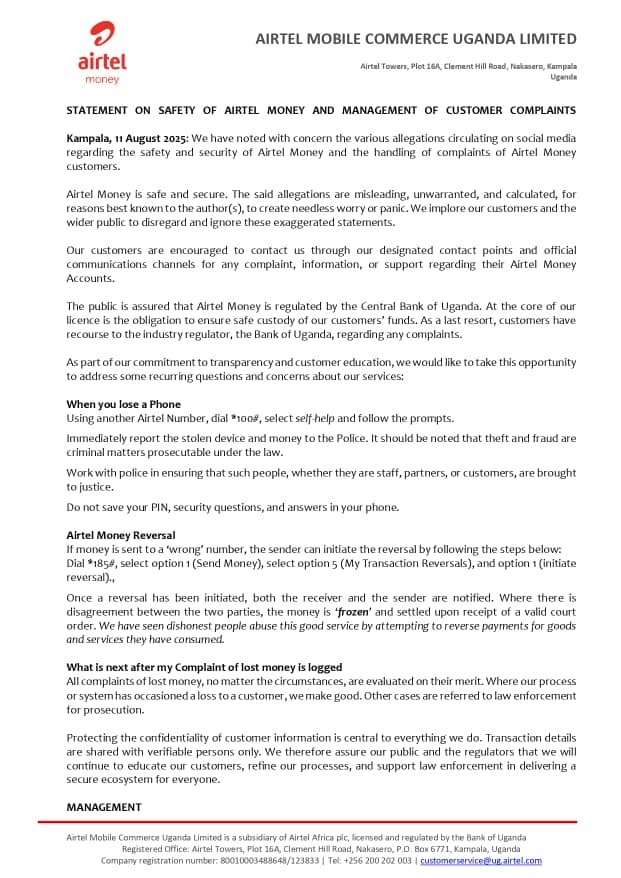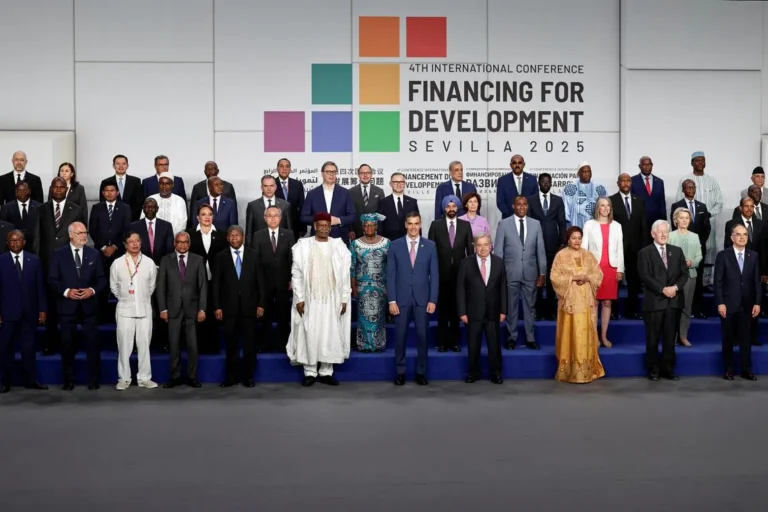
Kampala, Uganda — A 2001 letter from President Yoweri Museveni, recently resurfaced in public discourse, reveals his early efforts to dismantle telecom monopolies held by MTN Uganda, UTL, and Celtel (now Airtel). The move aimed to attract new investors in internet-based services and reduce costs for consumers, but the licenses remained intact—a decision critics blame for today’s “extortionist” fees and poor service quality.
The President’s Directive
In a letter dated September 6, 2001, Museveni directed then-Prime Minister Apollo Nsibambi to cancel the monopolies, arguing they stifled competition and inflated costs for emerging sectors like offshore data processing and call centers. “The problem are the monopolies we had previously given to UTL, MTN, and Celtel,” Museveni wrote. He warned that the companies could overcharge new investors or slow operations, undermining Uganda’s potential to compete with countries like India and Ghana in the global outsourcing market.
The president highlighted how breaking these monopolies could create jobs for Ugandan graduates in fields like accounting and business administration, curbing brain drain. At least 15 companies were reportedly ready to invest if allowed independent satellite links.
Minister’s Rebuttal and Status Quo
However, then-Minister of Works, Transport, and Communications John Nasasira clarified in a Monitor letter that Museveni’s directive focused solely on niche services—not revoking the telecoms’ core licenses. He urged MTN and UTL to remain open to renegotiation as technology evolved but assured their 20-year licenses (with 5-year exclusivity periods) were secure.
Despite Museveni’s push, no laws were amended, and the monopolies persisted. MTN’s exclusivity ended in 2003, and UTL’s in 2005, but critics argue the lack of competition allowed inflated fees and subpar service to linger.
Why It Matters Today
Years later, Ugandans still grapple with high telecom costs and limited options. Experts trace these issues to the unchecked dominance of a few players. “They have no competition. New entrants must pay them to operate,” a industry observer noted.
The 2001 debate underscores a missed opportunity to democratize Uganda’s telecom sector—a lesson policymakers might revisit as demands for affordable, reliable services grow louder.
Sources: President Museveni’s letter (2001), Minister Nasasira’s response (The Monitor), industry analysis.






